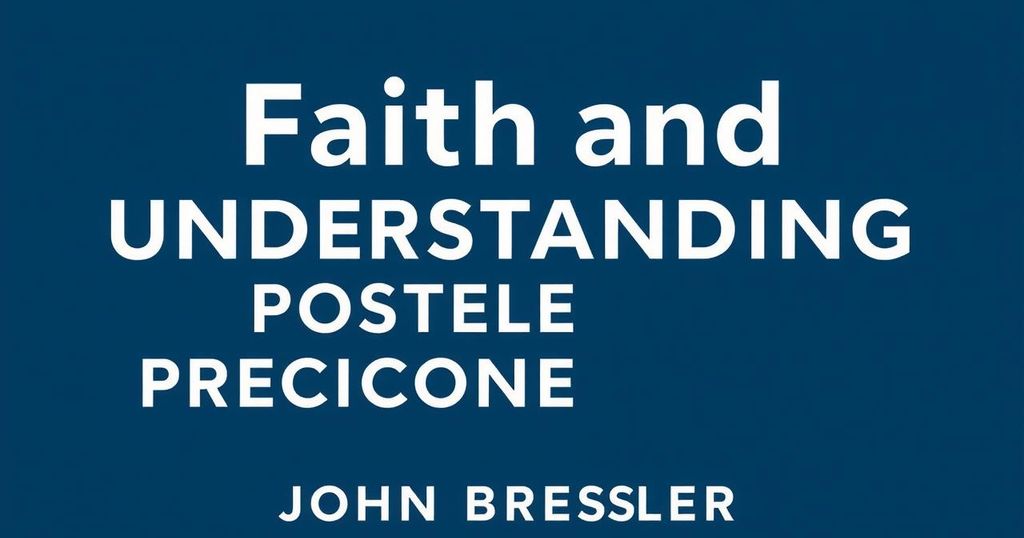Reassessing Election Results: Leadership, Values, and Divine Guidance
The article discusses the unexpected election results, the disconnect between polls and voter behavior, and the historical context of leadership preferences in times of crisis. It emphasizes the importance of economic stability over traditional morals and the role of democracy in shaping governance, concluding with a call to seek divine guidance for the future.
The recent election results have taken many by surprise, leading to a reevaluation of the predictions made by pollsters and experts. On November 6th, as I observed a predominantly red electoral map, I was compelled to reflect on the narratives presented by the media and the perspectives of my family, who displayed a variety of political opinions. Despite differing sentiments about the winning candidate, it became evident that practical considerations such as economic stability and immigration policy significantly influenced their votes—a sentiment echoed by many across the nation. Historical lessons remind us of the challenges faced during the Great Depression, where economic despair fostered authoritarian regimes. While I do not equate our incoming leader with such extremes, many citizens today crave strong leadership that defies conventional political expectations. The underlying desire seems clear: citizens are prioritizing economic security over traditional moral considerations. Comments from various individuals reflect a prevailing notion: “I don’t care what his morals, ethics, behavior or lifestyle may be. I want a good job, enough money to live comfortably and people I don’t like removed. Oh, and bring our military back home. We’re not the world’s police department.” In this evolving political climate, one must acknowledge the complexities of governing a democracy, where citizens exercise their voting rights to influence leadership. The ruling of our judicial system sometimes evokes mixed feelings; however, it is crucial to remember that checks and balances still exist within our government structure, allowing for accountability. Ultimately, we face a future filled with uncertainty. Nevertheless, I maintain optimism, trusting that by returning to foundational values and seeking guidance from God Almighty, we can navigate the challenges ahead and build a more stable future.
The article reflects on the reactions to a recent election in the United States, highlighting the disconnect between expert predictions and voter behavior. It discusses the historical context of political leadership, especially during difficult economic times, and the shifting political landscape where voters prioritize tangible results over traditional moral standards. The author emphasizes the importance of democratic rights and the need for strong leadership while recognizing the potential complexities and uncertainties that lie ahead.
In conclusion, the article underscores the surprising nature of the recent election results and the varied sentiments among voters. It highlights a significant shift in priorities, where economic stability takes precedence over conventional ethics. While acknowledging the challenges faced by a democracy, the author remains hopeful about seeking divine guidance to navigate the complexities of future governance. History teaches us that resilience and faith play key roles in overcoming adversity.
Original Source: www.statesboroherald.com




Post Comment